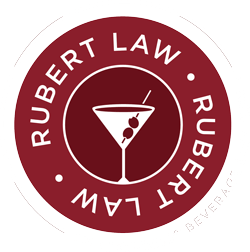The hospitality industry was one of the hardest hit during the pandemic. In efforts to bolster these businesses here in Florida, there were a number of special measures designed to generate sales despite closures, limited capacities and fewer hours open for business.
One solution was to enable foodservice establishments to deliver some alcoholic beverages for off-premises consumption under certain conditions. To do this, the business that delivered still needed to confirm the age of the purchaser. It also continued to allow in-house customers to recork partially consumed bottles of wine and take them with them without the worry of transporting an open container.
The new law goes into effect
There were several provisions included in this new bill, which went into effect July 1, but it solidifies certain restaurants’ ability to provide alcohol as part of their takeout menu. The foodservice establishment must meet the following criteria:
- Features at least 2,500 square feet of service area
- Is equipped to serve 150 meals to customers at one time
- Derives more than 51% of its food and beverage revenue from food and non-alcohol beverage sales
What can they sell?
Those that fit the above criteria may sell alcohol if:
- The container is sealed.
- The order also includes food.
- The delivery person is 21 years old or older.
- The recipient of the alcoholic beverages is 21 years old or older.
The restaurant can sell wine-based or liquor-based beverages it prepared. These products must be in a sealed container, but they cannot be a bottle of distilled spirits sealed by the manufacturer. Beer and malt beverages must comply with all regulations regarding labeling, container size and filling requirements. These beverages must remain sealed until removed from the premises. The seal should indicate if it has been tampered with. The order should also come with a dated receipt of the sale.
The order may be legally transported in a motor vehicle if the seal is intact. The customer or delivery person must place the beverages in a locked compartment, trunk or behind the upright rear seat.
Other details may apply
The laws regarding the sale and manufacturing of alcoholic beverages are complex. Rather than risk non-compliance with the accompanying fines, many find it helpful to consult with an attorney versed in these laws.
